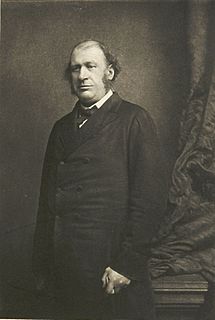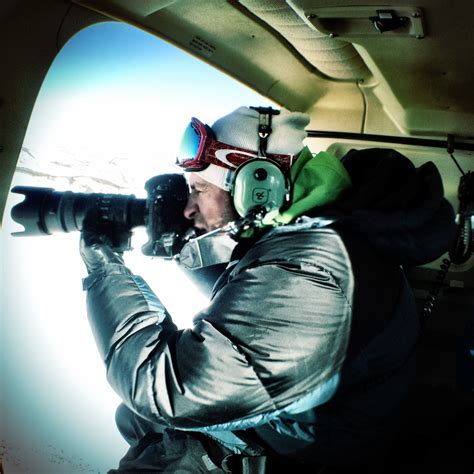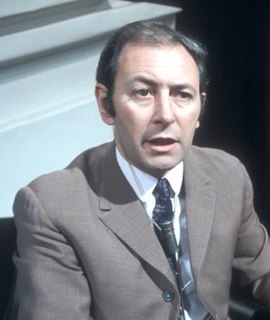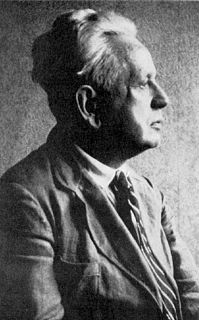A Quote by Cory Doctorow
Universal access to human knowledge is in our grasp, for the first time in the history of the world. This is not a bad thing.
Related Quotes
Surely knowledge of the natural world, knowledge of the human condition, knowledge of the nature and dynamics of society, knowledge of the past so that one may use it in experiencing the present and aspiring to the future--all of these, it would seem reasonable to suppose, are essential to an educated man. To these must be added another--knowledge of the products of our artistic heritage that mark the history of our esthetic wonder and delight.
To me this question whether liberty is a good or a bad thing appears as irrational as the question whether fire is a good or a bad thing. It is both good and bad according to time, place, and circumstance, and a complete answer to the question, In what cases is liberty good and in what cases is it bad? would involve not merely a universal history of mankind, but a complete solution of the problems which such a history would offer.
It's the first time in the history of the world that creatives are also distributors. And that's very profound if you think that up until the recent history, permission was required for us to be able to share work at any sort of scale. We had to get permission from galleries, from ad agencies or photo editors to be able to have our work out there. And now anybody with access to a computer can show their work in 200 countries around the world.
Science is not marginal. Like art, it is a universal possession of humanity, and scientific knowledge has become a vital part of our species' repertory. It comprises what we know of the material world with reasonable certainty. . . . Thanks to science and technology, access to factual information of all kinds is rising exponentially.
The steep ride up the and down the energy curve is the most abnormal thing that has ever happened in human history. Most of human history is a no-growth situation. Our culture is built on growth and that phase of human history is almost over and we are not prepared for it. Our biggest problem is not the end of our resources. That will be gradual. Our biggest problem is a cultural problem. We don't know how to cope with it.
The true bounds and limitations, whereby human knowledge is confined and circumscribed,... are three: the first, that we do not so place our felicity in knowledge, as we forget our mortality: the second, that we make application of our knowledge, to give ourselves repose and contentment, and not distates or repining: the third, that we do not presume by the contemplation of Nature to attain to the mysteries of God.

































